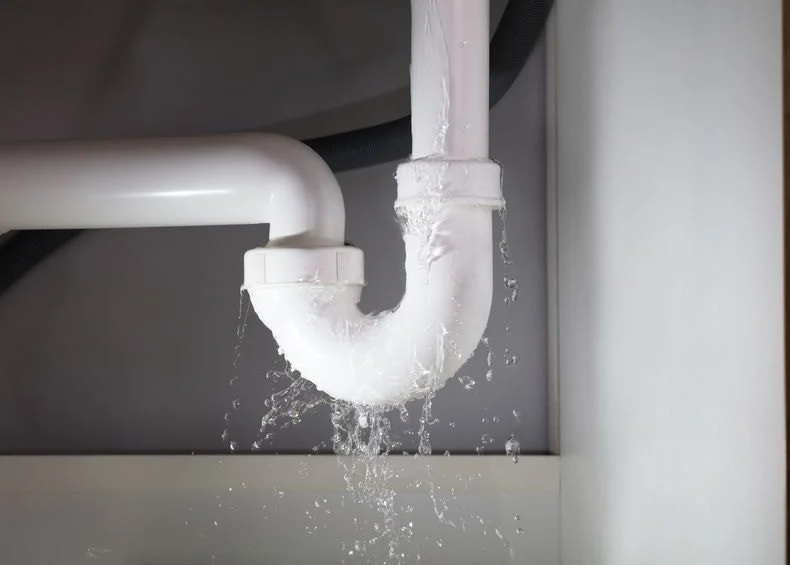
How to Fix a Sink That Rattles When Water Runs
- 1- Understanding the Cause of Sink Rattling
- 2- Common Reasons for Rattling in Sinks
- 3- How to Diagnose the Problem
- 4- Step-by-Step Guide to Fix the Rattle
- 5- When to Call a Professional Plumber
- 6- Preventive Maintenance Tips to Avoid Future Issues
1- Understanding the Cause of Sink Rattling
A rattling sink can be annoying, but it’s a common issue that many homeowners face. The sound usually occurs when water is running through the pipes and may be caused by a variety of factors. Understanding the root cause of the rattle is the first step in fixing the problem. Sometimes, the cause could be a loose pipe, air trapped in the pipes, or a malfunctioning valve.
This guide will walk you through the common causes of sink rattling and provide you with simple solutions to help you resolve the issue. If you're unsure of the cause or the problem persists, you can always reach out to experts at Plumbers Supply Hub for further assistance and products.
2- Common Reasons for Rattling in Sinks
The rattling sound coming from your sink could have multiple causes. Some of the most common reasons include:
- Loose Pipes: Pipes that are not securely fastened to the wall or cabinet can vibrate when water runs through them, causing a rattling sound.
- Water Hammer: Water hammer occurs when the water flow is abruptly stopped, such as when a faucet is turned off quickly. This sudden stop causes pressure in the pipes that results in a rattling noise.
- Air Trapped in Pipes: When air gets trapped in the plumbing, it can cause the water to move erratically, leading to rattling sounds as the air bubbles move through the pipes.
- Faulty Valves or Faucets: If the valve or faucet is not functioning properly, it can create turbulence in the water flow, causing vibrations and rattles.
Identifying which of these issues is causing your sink to rattle is essential for applying the right fix. Let’s now look at how to diagnose the problem more precisely.
3- How to Diagnose the Problem
Diagnosing the cause of a rattling sink requires a few simple steps. Here's a guide to help you figure out what's causing the noise:
- Listen for the Rattle: Pay attention to when the rattling occurs. Is it constant, or does it happen when the water pressure changes or when you turn the faucet off?
- Check for Loose Pipes: Open the cabinet under the sink and check for any loose or unsecured pipes. Gently shake the pipes to see if they move. If they do, they might be the source of the noise.
- Check the Water Flow: Try turning the water on slowly to see if the rattling increases or stops. If the noise decreases when you adjust the flow, it could be a water hammer issue.
- Examine the Faucet or Valve: Inspect the faucet and valve for any visible signs of damage or malfunction. If water is flowing erratically, the issue may lie with these components.
Once you've identified the cause, you'll be able to choose the right method to fix the rattling sink. Now, let's look at how to fix it!
4- Step-by-Step Guide to Fix the Rattle
Depending on the cause of the rattling, there are several methods you can try to fix the issue. Here's a step-by-step guide for the most common fixes:
- Secure Loose Pipes: If loose pipes are the cause, secure them by fastening them to the wall or cabinet using pipe clamps or brackets. Tighten any existing fasteners to keep the pipes stable.
- Install a Water Hammer Arrestor: If you're dealing with water hammer, install a water hammer arrestor in the pipe. This device absorbs the shock from the sudden stop in water flow, preventing the rattling sound.
- Release Trapped Air: To release trapped air, try turning on all the faucets in your home for a few minutes. This will allow the air to escape and restore normal water flow.
- Replace Faulty Faucets or Valves: If the rattling is due to a malfunctioning faucet or valve, replacing them will resolve the issue. Ensure that the new valve or faucet is installed correctly and securely.
Each of these fixes is relatively simple and can be done with basic tools. However, if the issue persists, you may need to consult a professional plumber.
5- When to Call a Professional Plumber
If you’ve tried the steps above and your sink still rattles, it may be time to call a professional plumber. Here are a few signs that professional help is needed:
- The rattling persists even after securing the pipes and releasing trapped air.
- There are signs of major damage to your plumbing system, such as leaks or cracks.
- You’re unsure how to install a water hammer arrestor or replace a faulty valve.
A licensed plumber can help identify the underlying issue and provide long-lasting solutions. You can find reputable plumbers at Plumbers Supply Hub, where we connect you with trusted professionals in your area.
6- Preventive Maintenance Tips to Avoid Future Issues
To avoid rattling sinks in the future, regular maintenance is key. Here are some preventive tips to help keep your plumbing system in good condition:
- Inspect pipes regularly to ensure they’re securely fastened and free from damage.
- Install water hammer arrestors if you experience frequent water pressure surges.
- Flush your pipes periodically to release any trapped air.
- Replace worn-out faucets and valves as needed to prevent malfunction.
Regular maintenance will ensure your plumbing system works efficiently and prevent future issues from arising.

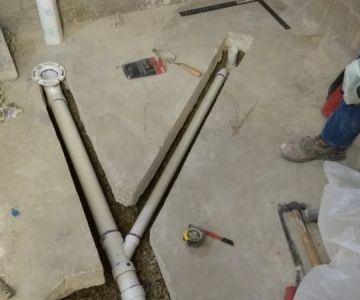
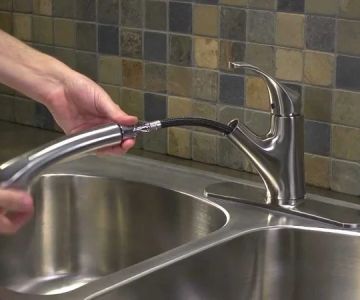
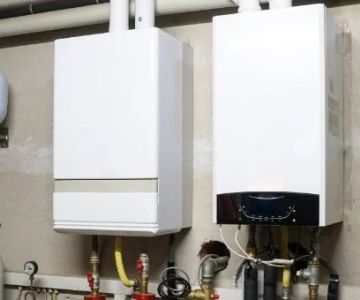
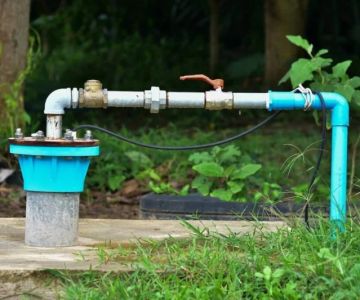
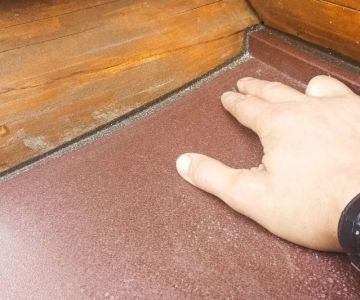
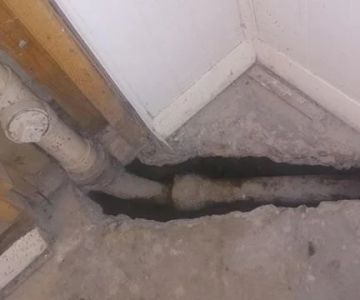
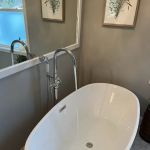 Oakland Plumbing LLC5.0 (17 reviews)
Oakland Plumbing LLC5.0 (17 reviews)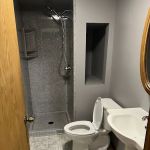 Midwest Plumbing & Service4.0 (7 reviews)
Midwest Plumbing & Service4.0 (7 reviews)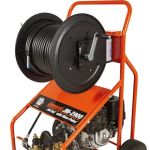 Moberly Plumbing4.0 (117 reviews)
Moberly Plumbing4.0 (117 reviews)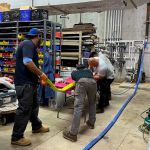 American Trenchless Technologies4.0 (8 reviews)
American Trenchless Technologies4.0 (8 reviews) Tony's Plumbing3.0 (12 reviews)
Tony's Plumbing3.0 (12 reviews)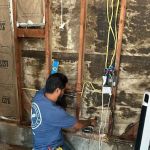 Socal Plumbing Co5.0 (5 reviews)
Socal Plumbing Co5.0 (5 reviews) How to Repair a Hairball Clog Without Harsh Chemicals
How to Repair a Hairball Clog Without Harsh Chemicals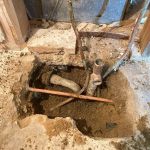 How to Repair a Junction That Is Leaking Under Slab: A Comprehensive Guide
How to Repair a Junction That Is Leaking Under Slab: A Comprehensive Guide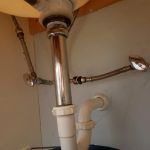 How to Replace a Sink Overflow Tube: A Complete Step-by-Step Guide
How to Replace a Sink Overflow Tube: A Complete Step-by-Step Guide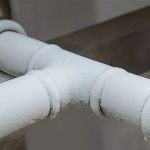 What Causes Frozen Pipes and How You Can Prevent It - Expert Tips
What Causes Frozen Pipes and How You Can Prevent It - Expert Tips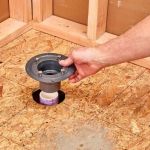 How to Replace a Shower Niche Drain: Step-by-Step Guide for Homeowners
How to Replace a Shower Niche Drain: Step-by-Step Guide for Homeowners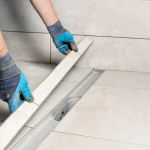 How to Replace an In-Wall Shower Drain: Step-by-Step Guide
How to Replace an In-Wall Shower Drain: Step-by-Step Guide